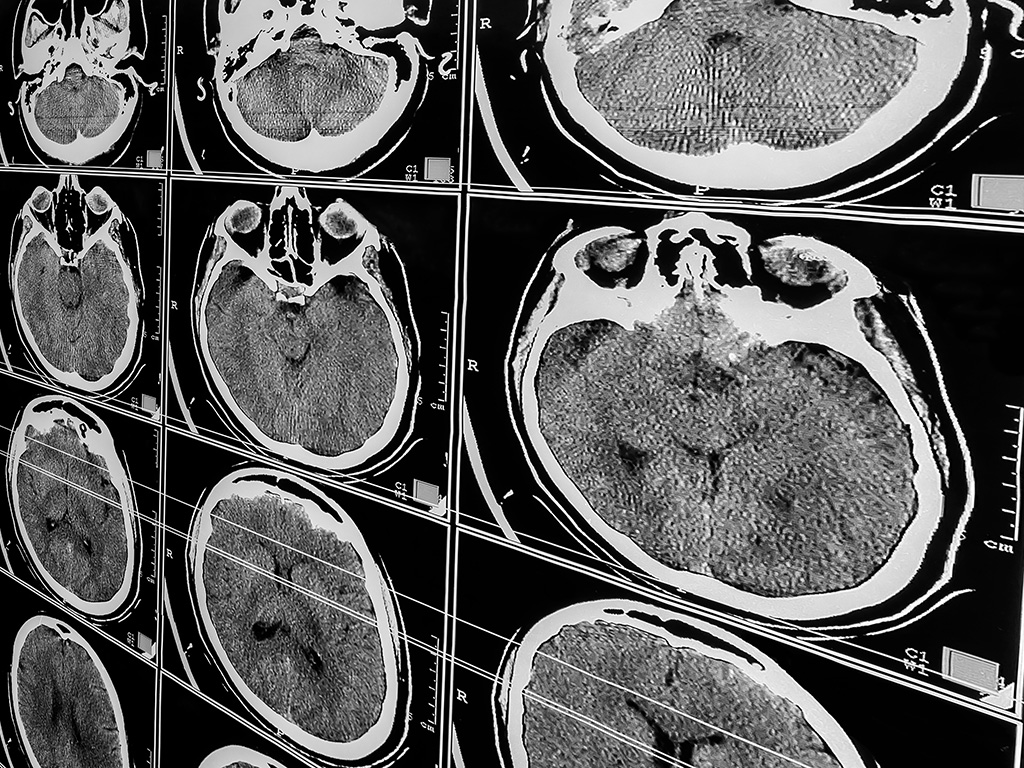Traumatic brain injury: Federal grant will support search for drug that targets long-term and short-term effects

More than 400,000 soldiers were diagnosed with traumatic brain injury (TBI) between 2000 and 2018, but this number is assumed to be an underestimate due to underreporting or misdiagnosis. D. Samba Reddy, a Regents professor in the department of Neuroscience and Experimental Therapeutics in the Texas A&M University School of Medicine, is the lead researcher of a lab that has been awarded a U.S. Department of Defense (DOD) grant to identify a pharmaceutical treatment for the aftermath of TBI.
“Soldiers will come home, and after two to four years, they start showing signs of brain damage and seizures, called post-traumatic epilepsy,” Reddy said. “This is a lifelong condition—once they get diagnosed, they can never be re-deployed and cannot operate heavy machinery, which heavily impacts their careers.”
The life expectancy of those with post-traumatic epilepsy is 50 to 60 years, but even if their seizures are well controlled, they deal with many side effects from the many medications they must take for the rest of their lives. Additionally, when soldiers get this diagnosis, many of them go into depression and need to take psychiatric medications in addition to their epileptic medication. Tragically, some of them end up losing their lives to suicide.
Those who experience severe TBI are at the highest risk for epilepsy, memory loss and dementia. Up to 25 percent of all individuals who have a moderate to severe brain injury will have epilepsy, and Reddy said that “most people think that if you have a seizure, you recover, and there’s no problem as long as you make sure you don’t get hurt yourself. Very many people don’t know that seizures could kill—this is known as sudden unexpected death in epilepsy.”
Many medications for epilepsy, such as sodium-channel blockers or phenytoin, target the membrane to block ion channels or enzymes involved in neurotransmitter reuptake. Most TBI-induced epilepsy cases are resistant to medication, because when there is widespread damage to the brain, there are likely not enough ion channels or receptors to respond to the medication. Reddy’s approach to treating TBI-induced epilepsy is to address the cause at the root, which is the HDAC (histone deacetylase) epigenetic pathway in the nucleus of the cell.

